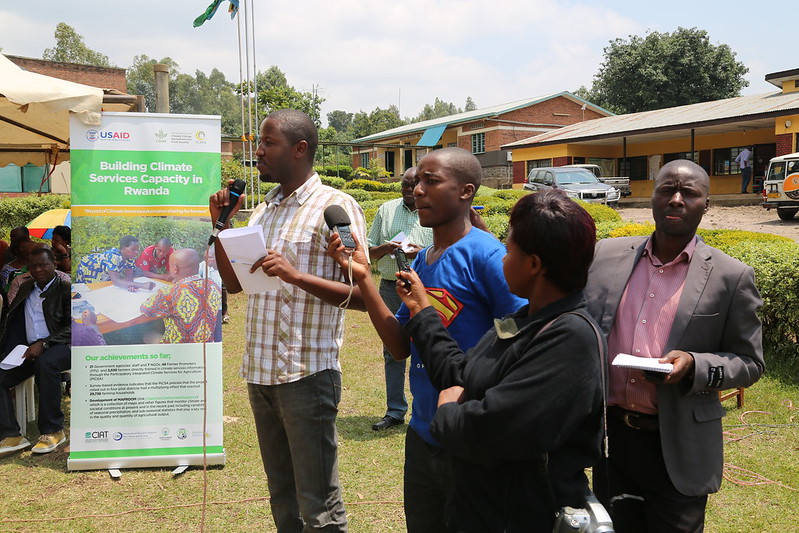 USAID has worked in Rwanda since 1964, when Rwanda gained independence. It strives to improve the economic capability, social climate and environmental well-being of the world’s most vulnerable and poor people, and is creating an environment of self-reliance in the recipient nation and nurturing a climate in which a wealth of benefits are enjoyed. USAID programs in Rwanda focus on food provision in commodities and assist in health care and sanitation provisions, later expanding to look at economic policy more systematically while supporting maternal health and private enterprise development.
USAID has worked in Rwanda since 1964, when Rwanda gained independence. It strives to improve the economic capability, social climate and environmental well-being of the world’s most vulnerable and poor people, and is creating an environment of self-reliance in the recipient nation and nurturing a climate in which a wealth of benefits are enjoyed. USAID programs in Rwanda focus on food provision in commodities and assist in health care and sanitation provisions, later expanding to look at economic policy more systematically while supporting maternal health and private enterprise development.
Poverty in Rwanda
Since the turn of the century, poverty has been declining promisingly in Rwanda, especially when looking at Rwanda’s domestic poverty line. The country experienced an 18.5% decrease in the number of people living in poverty between 2005 and 2016. Median consumption and inequity also all moved favorably in all regions, with increased possession of household assets such as mobile phones, irrigation and electricity all of which facilitate the further ascension from poverty.
However, between 2022 and 2024, the World Bank forecasted only a 2 percentage point drop in those living in poverty, due to the decreasing magnitude of the effect between GDP per capita increase and poverty decrease.
The population is vulnerable to malaria, with an incidence of 76 out of every 1,000 at risk in 2022. Malaria epidemics tend to strain a country’s resources, hindering poverty alleviation.
Also, Rwanda’s public sector has been running consistent fiscal deficits with an increase in public debt over the last few years, this has led to a very high debt-to-GDP ratio (56.7% in 2019), making poverty alleviation spending for Rwanda more risky and sparing.
Household Economic Security and Innovation
USAID has issued the largest development investment grant for a decade, through its Development Innovation Ventures program, in a continued effort to assist in the alleviation of extreme poverty, through USAID programs in Rwanda. The nonprofit organization Village Enterprise, which seeks to scale its operations in poverty alleviation in Rwanda, will utilize this $6.5 million grant, and will implement it via its programs on the ground, targeting people at the individual level and also state level. This is an extremely useful source of funding for the organization to roll out its “Poverty Graduation” model. This will allow individual households to innovate and be entrepreneurial, helping themselves out of poverty.
For more than 30,000 impoverished households, Village Enterprise is now ready to provide training and skills within the realm of business and finance, through a year-long mentored program. This, in the hope of encouraging entrepreneurship, will allow households set up a diverse range of businesses, including retail sales of clothing and also more technical services such as bike repairs. Government staff and parasocial workers will mentor the individuals and this flourishes from another avenue of the utility of this grant.
Village Enterprise will train government personnel to be capable mentors who teach household entrepreneurs how to be successful, as well as monitor the capability and efficacy of government programs. Over time, this could enable Rwanda to self-sustain its development and achieve its goal to eliminate extreme poverty by 2030, as part of its NSSG.
Health Care Support
In terms of health initiatives, USAID programs in Rwanda work with local governments within the country, to improve the function of their health services. This means that they can more adequately access finance and manage their agencies, whilst USAID facilitates the supply of drugs to treat illnesses and also aids in the monitoring of potential future diseases. More specifically, the USAID program in malaria reduction has led to the provision of mosquito nets, and insecticide spray has led to a decrease in malaria incidence by as much as 70% in some rural villages.
More recently, in response to the COVID-19 outbreak, community health workers were able to transfer their knowledge in identifying and isolating malaria cases in Rwanda, through more sophisticated monitoring and tracking practices. Materially Rwanda has received 32% of its total vaccine supply from the U.S. Disease and mortality relief plays a large role in poverty reduction, as greater access to health care allows for greater economic participation, stops a loss of talented human capital due to death, and facilitates a decline in birth rates, stopping overpopulation and overstrain on state resources.
Educational Initiatives
USAID programs are present in every public school in Rwanda. The organization launched its new LEARN project in 2020. This built upon the previous USAID programs in Rwanda, furthering educational objectives by increasing focus on alleviating the gender disparities women face in education and creating a program that includes vulnerable and disabled people so that the program is as effective for them as for others. Rwanda has experienced great success in education with 2,742,551 children in primary school in 2022, the highest in sub-Saharan Africa.
The core of the mission is to be able to “improve the literacy outcomes for all Rwandan children by the end of Grade 3,” according to USAID. The LEARN project is working to alleviate poverty amongst women and girls by changing some of the cultural and social stigmas associated with women and education, for example, by creating inclusive teaching environments, to mitigate the issue of teacher behaviour negatively influencing female participation, and facilitating the uptake of more teaching roles by women through mentoring programs.
USAID programs continue to be successful, with non-readers in Rwanda standing at 20% in 2022, a 27% drop from 2018. This is especially positive when viewed in the context of post-COVID-19 activity, which yielded a worldwide reading loss.
The Future
Future grants will support proven solutions to reduce poverty and promote self-reliance. The World Bank recognizes the importance of encouraging domestic savings in Rwanda’s development. This includes creating business opportunities and learning how to manage them. Alongside aid, there appears to be a need for infrastructural improvements and a strong welfare system for health, education and social services. These measures can potentially foster a culture of savings and investment, reducing poverty in Rwanda in the long term.
– Tevin Muendo
Photo: Flickr
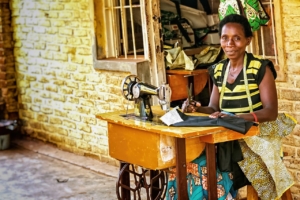 Rwanda is in the process of healing the deep scars that genocide, a lacking international response and associated conflict has left in their wake. As a country, it is making significant strides toward higher levels of
Rwanda is in the process of healing the deep scars that genocide, a lacking international response and associated conflict has left in their wake. As a country, it is making significant strides toward higher levels of 
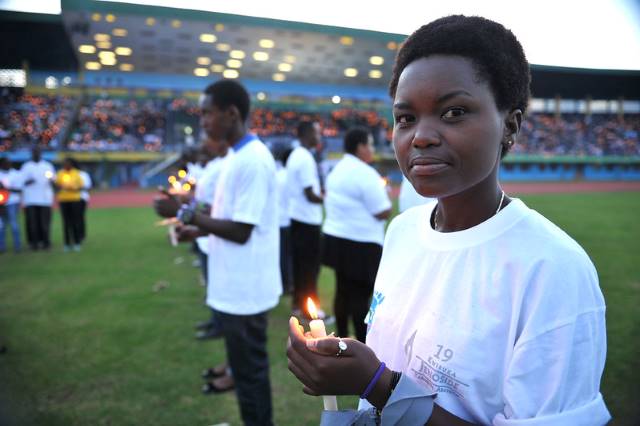 Rwanda is a small country in sub-Saharan Africa. Rwanda has struggled to become a stable country economically and politically since it became independent in 1962. As a developing country, Rwanda is still trying to develop its healthcare system. With years of conflict and instability, people especially struggle with mental health in Rwanda.
Rwanda is a small country in sub-Saharan Africa. Rwanda has struggled to become a stable country economically and politically since it became independent in 1962. As a developing country, Rwanda is still trying to develop its healthcare system. With years of conflict and instability, people especially struggle with mental health in Rwanda. Impact investing is a growing industry with huge potential for combatting poverty around the world. The practice consists of firms and individuals directing capital to businesses and enterprises that have the capacity to generate social or environmental benefits. Traditional businesses tend to avoid such investments due to the high level of risk, low liquidity and general difficulty to exit if returns are not satisfactory.
Impact investing is a growing industry with huge potential for combatting poverty around the world. The practice consists of firms and individuals directing capital to businesses and enterprises that have the capacity to generate social or environmental benefits. Traditional businesses tend to avoid such investments due to the high level of risk, low liquidity and general difficulty to exit if returns are not satisfactory.  Around the world, the effects of poverty negatively impact childhood development in more than 200 million children. Child development outcomes play a key part in a country’s advancement and the state of the economy. The U.S. National Library of Medicine explains, “Children living in compounded adversity face increased risks of poor child development outcomes and emotional and behavioral problems that can perpetuate a cycle of poverty and violence.” However, in 2016, the implementation of an innovative home-visiting intervention program in Rwanda called
Around the world, the effects of poverty negatively impact childhood development in more than 200 million children. Child development outcomes play a key part in a country’s advancement and the state of the economy. The U.S. National Library of Medicine explains, “Children living in compounded adversity face increased risks of poor child development outcomes and emotional and behavioral problems that can perpetuate a cycle of poverty and violence.” However, in 2016, the implementation of an innovative home-visiting intervention program in Rwanda called 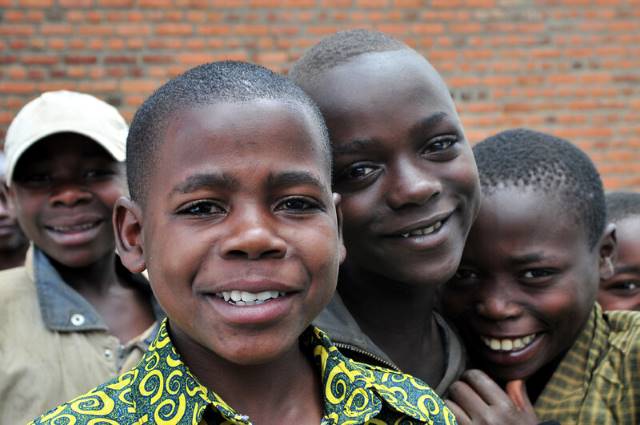 Rwanda, an East African country, has a population of about 12.3 million. Around 45% of the country’s population, roughly 5.4 million, are under the age of 18. The rate of poverty has decreased from 59% to 40% since 2000. Additionally, the rate of extreme poverty was
Rwanda, an East African country, has a population of about 12.3 million. Around 45% of the country’s population, roughly 5.4 million, are under the age of 18. The rate of poverty has decreased from 59% to 40% since 2000. Additionally, the rate of extreme poverty was 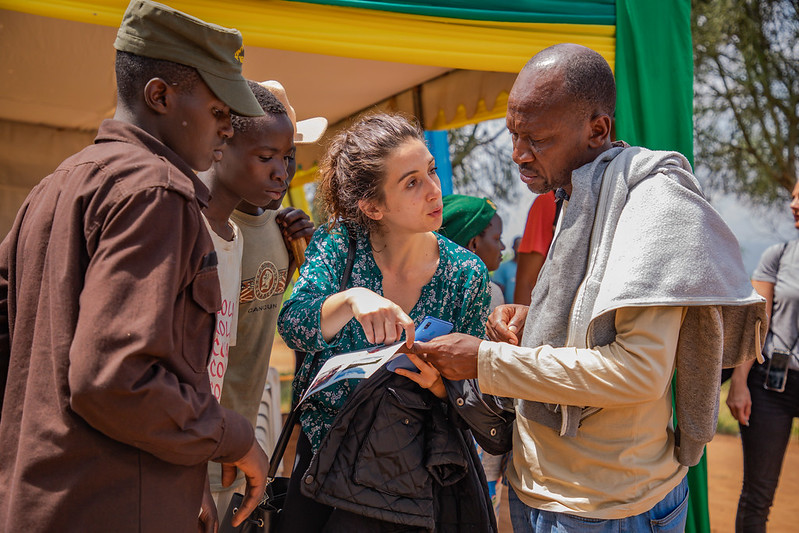 Africa’s urbanization has been rapidly increasing. For example, sub-Saharan Africa is regarded as the world’s fastest urbanizing region. This increase in urbanization is related to the increase in people migrating into urban areas. However, urbanization often leads to overpopulation. Here is how urban overpopulation impacts sub-Saharan Africa and what African countries are doing to solve it through infrastructure development.
Africa’s urbanization has been rapidly increasing. For example, sub-Saharan Africa is regarded as the world’s fastest urbanizing region. This increase in urbanization is related to the increase in people migrating into urban areas. However, urbanization often leads to overpopulation. Here is how urban overpopulation impacts sub-Saharan Africa and what African countries are doing to solve it through infrastructure development.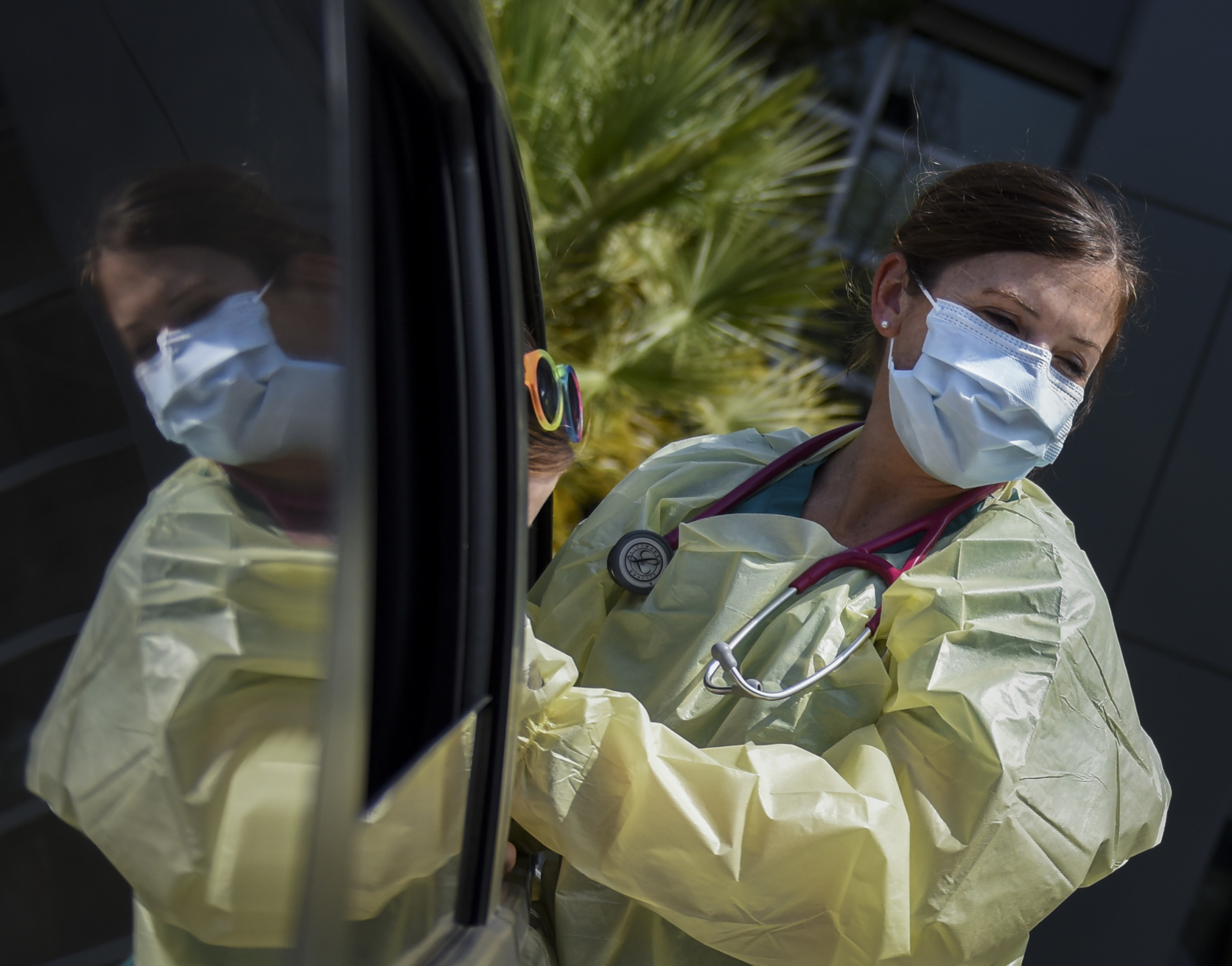 Some developing countries are using a forgotten testing method called pool testing to control COVID-19 spread. This method requires fewer tests, costs less and provides a quicker turnaround time than the traditional method of testing each person individually. This article will explain three main points about this form of testing:
Some developing countries are using a forgotten testing method called pool testing to control COVID-19 spread. This method requires fewer tests, costs less and provides a quicker turnaround time than the traditional method of testing each person individually. This article will explain three main points about this form of testing: